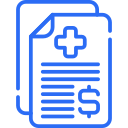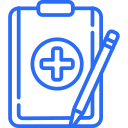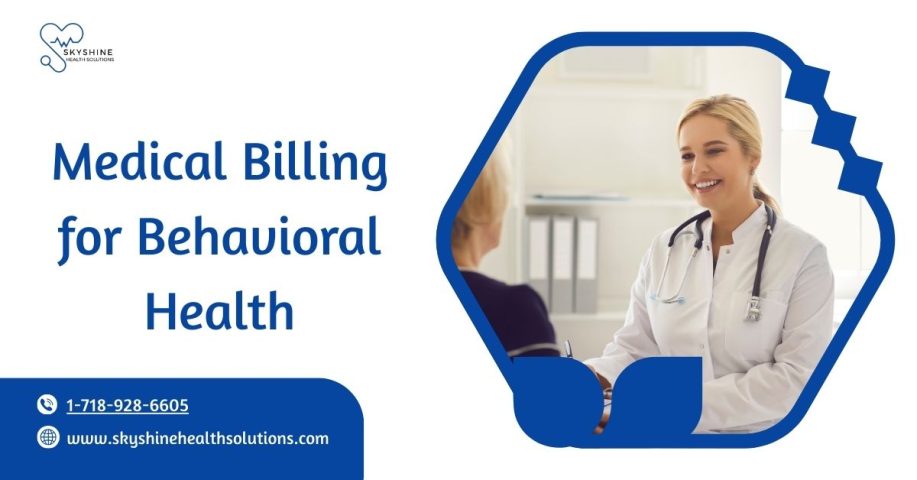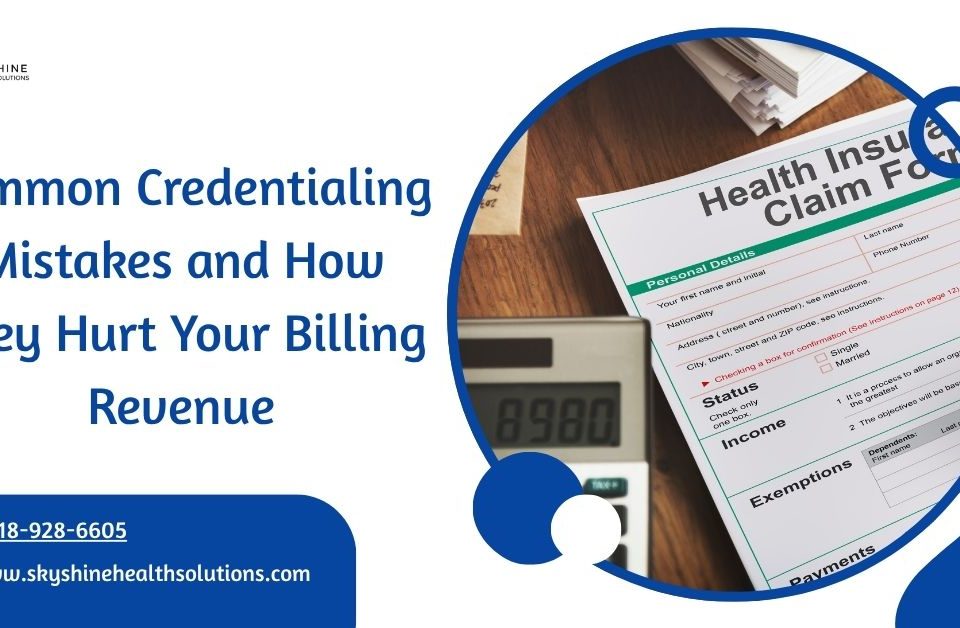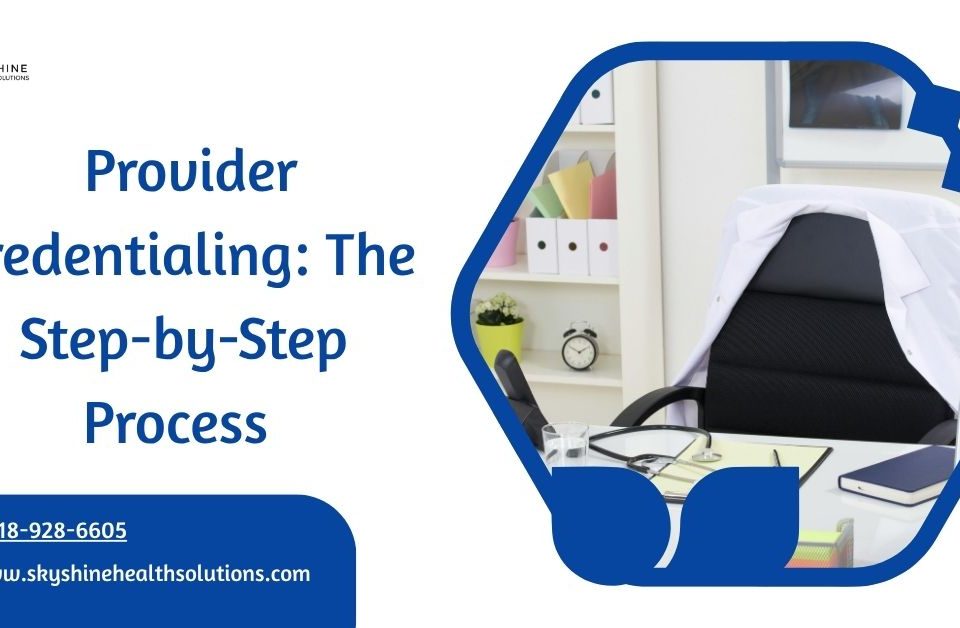
ICD-10 Coding for Oncology: Accurate Billing with Skyshine
September 15, 2025
How AI is Transforming Denial Management in Medical Billing
September 29, 2025At Skyshine Health Solutions, we specialize in medical billing services that make behavioral health coding straightforward and effective. Mental health services, covered under the ICD-10 F01-F99 chapter, require precise medical coding and billing to ensure seamless medical claims processing and optimized healthcare revenue cycle management. With rising demand for mental health care—driven by post-pandemic stress and greater awareness—accurate billing is more crucial than ever. Errors can lead to claim denials, delayed payments, or compliance issues under HIPAA and CMS guidelines, costing practices valuable revenue. Our healthcare billing solutions help behavioral health providers navigate these challenges, ensuring compliance while maximizing reimbursements. This comprehensive guide explores the nuances of behavioral health billing, breaks down key codes, shares expert tips, addresses common pitfalls, and shows how Skyshine streamlines medical coding and billing for therapists, psychiatrists, and clinics.
The Growing Importance of Accurate Behavioral Health Billing
Medical Billing for behavioral health has evolved rapidly, with mental health services accounting for 10% of U.S. healthcare spending in 2024, per the Centers for Disease Control and Prevention (CDC). Accurate coding supports medical claims processing, secures timely payments, and reduces administrative burdens. A 2023 American Psychological Association survey found that 45% of providers face denials due to coding errors, with 70% preventable through better documentation. In behavioral health, where sessions often involve therapy, medication management, and crisis intervention, imprecise coding can delay care and erode trust.
Beyond finances, correct billing enhances patient outcomes. For example, proper coding for anxiety disorders ensures coverage for cognitive behavioral therapy (CBT), improving access to essential care. It also contributes to public health data, helping track mental health trends and allocate resources. Skyshine’s medical billing services focus on these aspects, integrating HIPAA-compliant tools to protect sensitive patient information while optimizing healthcare revenue cycle management. As telehealth expands, our healthcare billing solutions ensure codes reflect virtual sessions, adapting to new payer requirements.
Understanding ICD-10 F01-F99 for Behavioral Health
The ICD-10-CM F01-F99 chapter covers mental, behavioral, and neurodevelopmental disorders. It requires specificity in documenting symptoms, severity, and episode status. Vague entries risk denials, as payers demand evidence-based codes. Skyshine’s medical billing services emphasize detailed notes, aligning with CMS guidelines to support efficient medical claims processing.
Key categories include anxiety (F40-F48), mood disorders (F30-F39), and trauma-related conditions (F43). Sequencing matters—primary diagnosis first, followed by comorbidities. For instance, code depression with anxiety as F32.9 + F41.9, but specify types for precision.
Key ICD-10 Codes for Common Behavioral Health Conditions
Here’s a detailed overview of essential codes, with tips and examples:
1. Anxiety Disorders (F40-F48)
-
-
F41.1: Generalized anxiety disorder.
-
F40.10: Social phobia, unspecified.
-
F41.0: Panic disorder.
-
Pro Tip: Document symptom duration and triggers. Use F41.1 for chronic worry, avoiding unspecified codes like F41.9.
-
Example: A patient with workplace anxiety codes as F41.1, supporting claims for 90837 (60-minute therapy).
-
2. Mood Disorders: Depression and Bipolar (F30-F39)
-
-
F32.0: Major depressive disorder, single episode, mild.
-
F33.1: Major depressive disorder, recurrent, moderate.
-
F31.4: Bipolar disorder, current episode depressed, severe without psychotic features.
-
Pro Tip: Specify episode type (single/recurrent) and severity. Add Z codes for psychosocial factors, like Z63.0 for relationship problems.
-
Example: Recurrent moderate depression with family stress codes as F33.1 + Z63.0, justifying extended sessions.
-
3. Trauma and Stressor-Related Disorders (F43)
-
-
F43.10: Post-traumatic stress disorder (PTSD), unspecified.
-
F43.12: PTSD, chronic.
-
Pro Tip: Note trauma type and duration. Use F43.12 for cases over 3 months.
-
Example: Veteran with chronic PTSD from combat codes as F43.12, ensuring coverage for EMDR therapy.
-
4. Substance Use Disorders (F10-F19)
-
-
F10.20: Alcohol dependence, uncomplicated.
-
F11.21: Opioid dependence, in remission.
-
Pro Tip: Specify substance and status (e.g., in remission with Z71.41 for counseling).
-
Example: Alcohol dependence with withdrawal codes as F10.231, supporting detox billing.
-
5. Neurodevelopmental Disorders (F80-F89)
-
-
F84.0: Autistic disorder.
-
F90.0: Attention-deficit hyperactivity disorder, predominantly inattentive type.
-
Pro Tip: Include functional impact for specificity.
-
Example: ADHD in children codes as F90.0, paired with 96116 for neurobehavioral assessments.
-
6. Other Conditions (F20-F29, F50-F59)
-
-
F20.0: Paranoid schizophrenia.
-
F50.00: Anorexia nervosa, restricting type.
-
Pro Tip: Document psychotic features or subtypes.
-
CPT Codes for Behavioral Health Services
Behavioral health billing pairs ICD-10 with CPT codes for procedures:
-
-
90832: Psychotherapy, 30 minutes.
-
90834: Psychotherapy, 45 minutes.
-
90837: Psychotherapy, 60 minutes.
-
90791: Psychiatric diagnostic evaluation.
-
Pro Tip: Use add-on codes like +90840 for crisis therapy. For telehealth, add modifier -95.
-
Example: 45-minute CBT session for anxiety codes as 90834 + F41.1.
-
Skyshine’s Expert Tips for Behavioral Health Billing
To streamline healthcare revenue cycle management, Skyshine recommends:
-
-
Document Thoroughly: Note symptoms, duration, and response to treatment. For depression, record episode history for F33.1.
-
Use Evidence-Based Codes: Align with DSM-5 for accuracy, avoiding overgeneralization.
-
Incorporate Z Codes: Add Z55-Z65 for social determinants, like Z59.0 for homelessness, to capture context.
-
Handle Telehealth Correctly: Use GT modifier for virtual sessions, ensuring place of service 02.
-
Monitor Payer Variations: Medicare requires specific documentation for F41.1; Skyshine customizes submissions.
-
Stay Updated: CMS updates codes annually; we track changes for F43 PTSD expansions.
-
Integrate E/M Codes: For med management, use 99213 + F32.0 for follow-ups.
-
Train on Compliance: Skyshine’s workshops reduce errors by 25%.
-
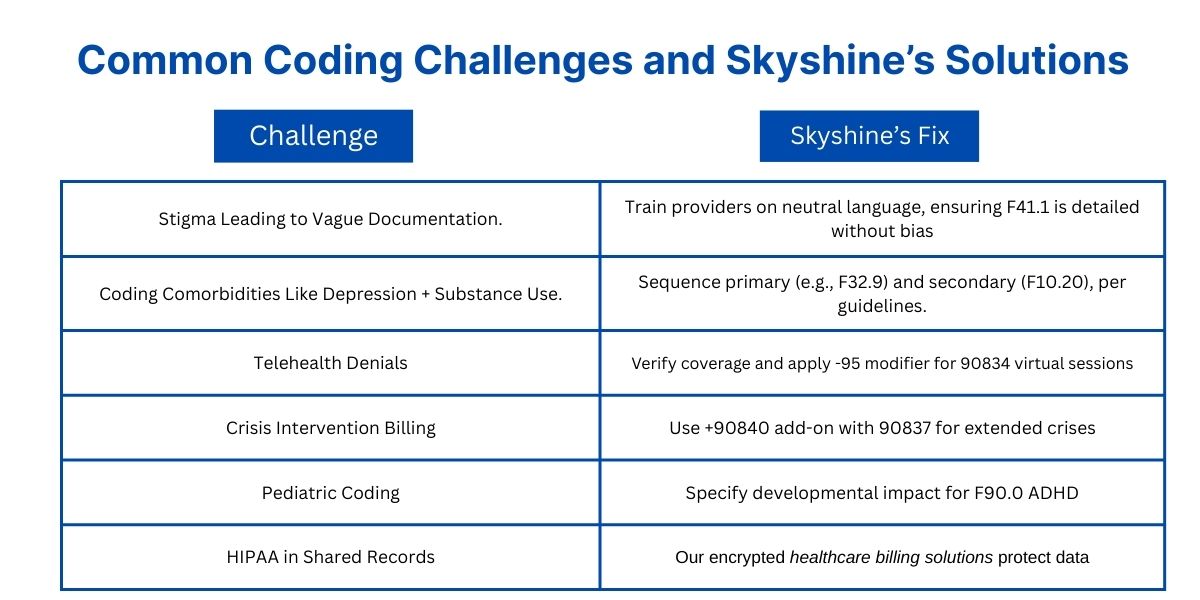
Real-World Case Studies from Skyshine
Case 1: Therapist billing for PTSD therapy. Skyshine coded F43.12 + 90837, recovering $1,200 in denied claims via appeals.
Case 2: Psychiatrist managing bipolar disorder telehealth. We used F31.4 + 99214 -95, ensuring 95% approval.
Case 3: Clinic treating adolescent ADHD. Coding F90.0 + 96116 supported assessments, boosting revenue 20%.
These examples show Skyshine’s impact on medical claims processing.
Broader Impact of Accurate Behavioral Health Coding
Precise coding supports equity, ensuring underserved populations access care. It aids research, tracking anxiety trends for policy. Skyshine’s healthcare billing solutions reduce denials by 30%, per client data, freeing resources for expansion. They verifies coverage upfront for F41.1 sessions, preventing surprises and aligning with medical billing services and offers tailored medical billing services with 98% accuracy, HIPAA compliance, and 24/7 support. We reduce admin time by 40%, letting providers focus on healing.
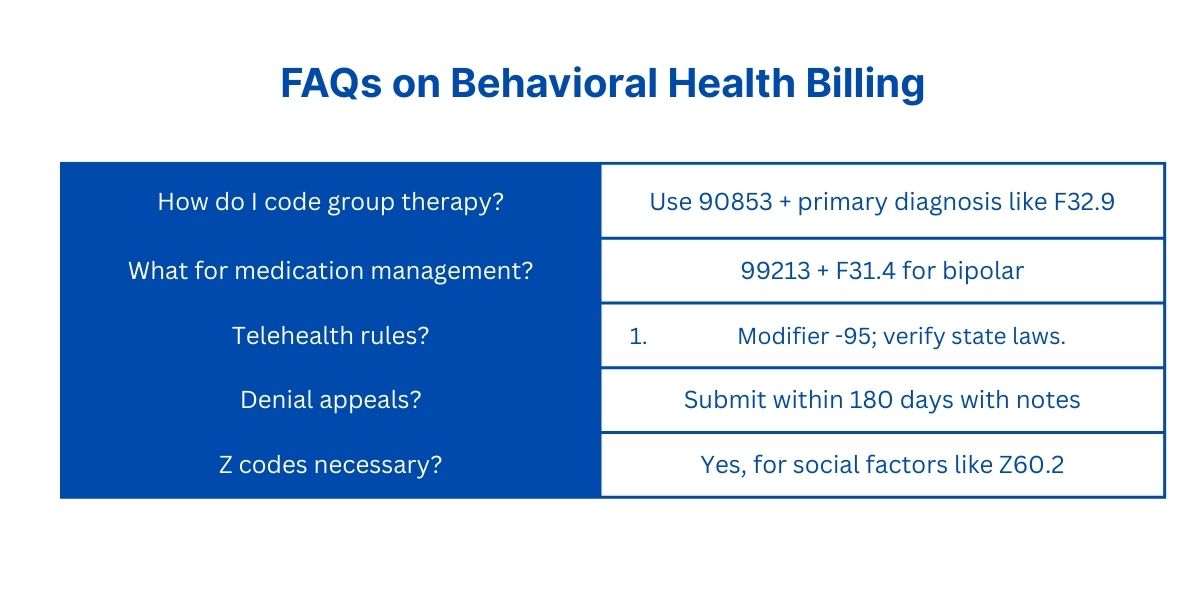
Partner with Skyshine for Compassionate, Compliant Billing
Mastering behavioral health billing ensures care reaches those who need it. Skyshine Health Solutions provides expert medical billing services to navigate F01-F99 codes, minimize denials, and optimize healthcare revenue cycle management. Contact us today!
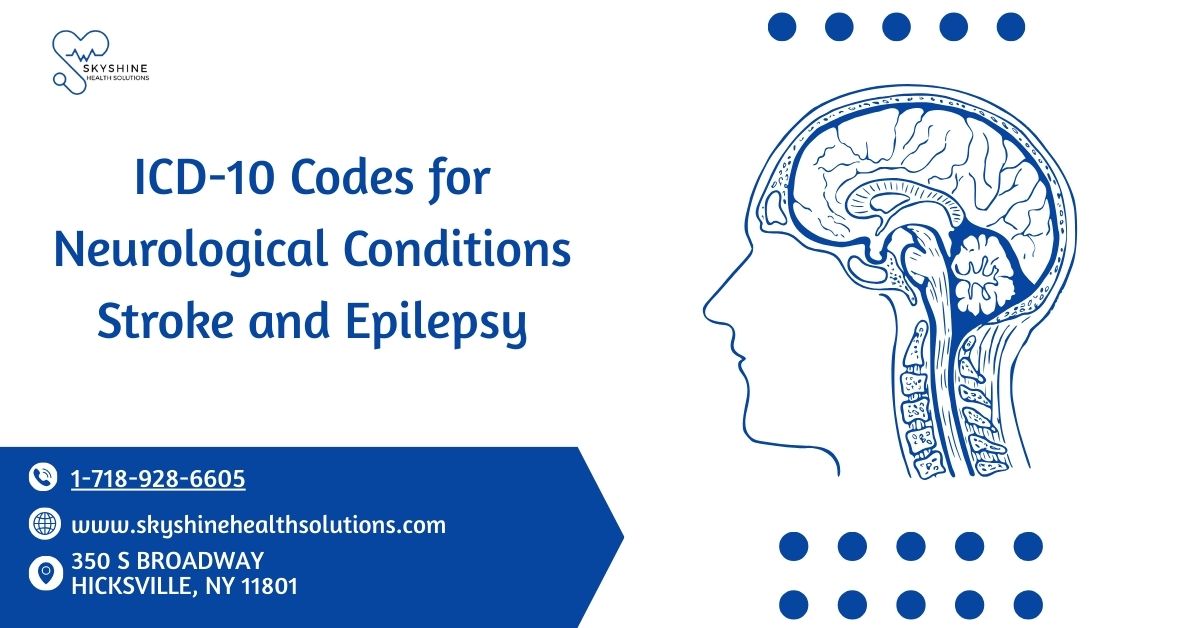
learn more on ICD-10 Codes for Neurological Conditions Stroke and Epilepsy
study more about medical billing on Medical Billing FAQs

